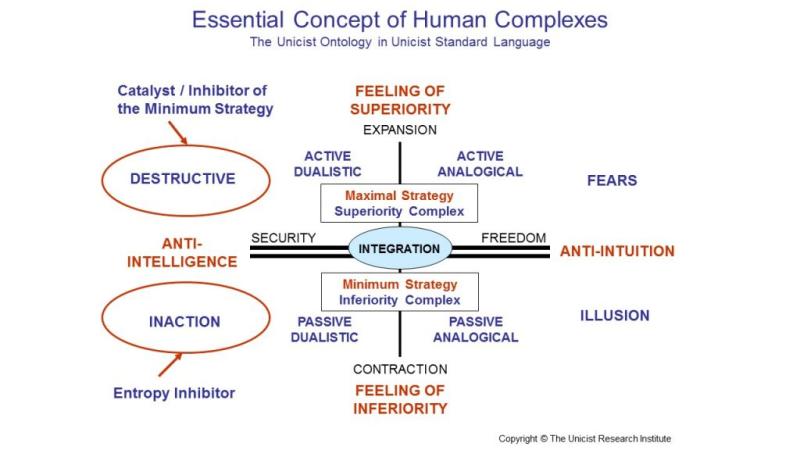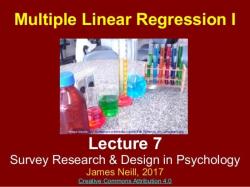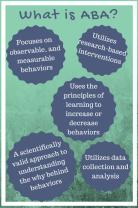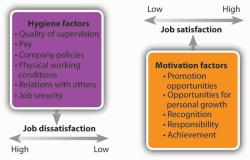Which is an example of a superiority complex?
An example of a superiority complex might involve an individual who consistently belittles or undermines others in order to maintain a sense of superiority. Let's consider a fictional scenario to illustrate this:
Scenario: The Workplace Know-It-All
John, an employee at a tech company, exhibits a superiority complex. He constantly believes he is more knowledgeable and capable than his colleagues. Here's how this superiority complex manifests:
Dismissive Attitude:
- John frequently dismisses the ideas and contributions of his coworkers during team meetings. He interrupts them, rolls his eyes, and conveys a sense of impatience when others speak.
Belittling Comments:
- When a colleague presents a solution or suggests an idea, John responds with belittling comments. He may say things like, "That's an interesting thought, but I've been in this industry much longer, and I know what really works."
One-Upmanship:
- John engages in constant one-upmanship, always trying to demonstrate that he is more skilled or experienced than others. For example, if a coworker shares an accomplishment, John responds by highlighting his own achievements in a way that diminishes the achievements of others.
Refusal to Acknowledge Mistakes:
- Even when John makes a mistake, he refuses to acknowledge it. Instead, he deflects blame onto others or downplays the significance of the error. This refusal to admit faults is driven by his need to maintain an image of infallibility.
Unwillingness to Collaborate:
- John is resistant to collaboration and teamwork. He prefers working independently because he believes others cannot match his level of expertise. When assigned to a group project, he often takes over and dismisses input from team members.
Constant Need for Recognition:
- John seeks constant validation and recognition for his achievements. He makes sure to remind colleagues of his credentials, certifications, and past successes, emphasizing his own expertise to reinforce his perceived superiority.
In this example, John's behavior reflects a superiority complex. His actions are driven by an unconscious need to compensate for deep-seated insecurities and feelings of inadequacy. By belittling others and asserting his perceived superiority, John attempts to maintain a sense of control and importance in the workplace. Superiority complexes can have negative impacts on team dynamics, collaboration, and overall workplace morale.
What's an illustration of a superiority complex?
Imagine John, a successful lawyer with a thriving career. He frequently boasts about his impressive clientele, expensive car, and luxurious vacations on social media. He tends to interrupt conversations to talk about himself and dismiss the opinions of others, often with sarcastic remarks. When someone offers constructive criticism on his work, he gets defensive and lashes out, refusing to acknowledge any potential for improvement.
John's behavior exemplifies a superiority complex. He constantly seeks validation and admiration through his accomplishments and possessions. His arrogance and lack of empathy make it difficult for him to build genuine connections. While seemingly confident, this inflated self-worth masks underlying insecurities and a fear of inadequacy.
Here are some specific examples of his behavior that demonstrate a superiority complex:
- At a work meeting: John interrupts a colleague's presentation to point out a minor error, highlighting his superior knowledge. He then goes on to boast about a similar case he recently won, dismissing the colleague's accomplishments.
- During a social gathering: John dominates the conversation by talking about his recent vacation to a luxurious resort, implying that others' experiences are less impressive. He then criticizes someone's outfit, demonstrating a lack of respect for their personal style.
- Receiving feedback on a legal brief: John becomes defensive when a senior partner suggests edits, arguing that his work is already perfect. He refuses to acknowledge the potential for improvement and dismisses the partner's expertise.
John's behavior ultimately undermines his success and hinders his personal growth. His need to feel superior pushes others away, creating difficulties in his relationships and leading to isolation. Additionally, his refusal to learn and adapt can limit his professional development and hinder his ability to reach his full potential.
This example illustrates how a superiority complex can manifest in various aspects of an individual's life, impacting both their personal and professional spheres. It emphasizes the need for recognizing and addressing such complexes to build healthy relationships and achieve personal fulfillment.













